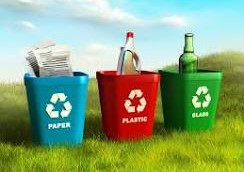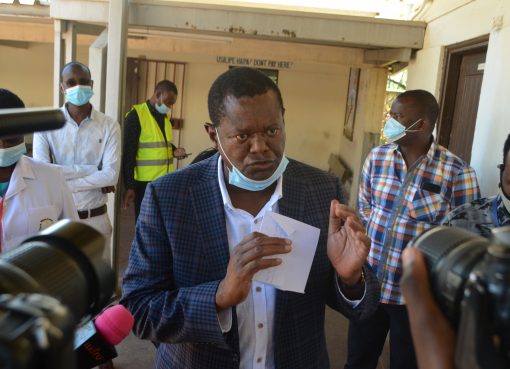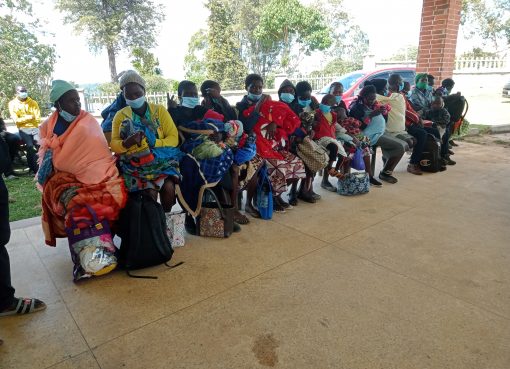National Environment Management Authority (NEMA) is taking the lead in promoting and implementing circular economy principles across various sectors.
The circular economy model of production and consumption aims to inspire individuals to make environmentally conscious choices in their daily lives, fostering a culture of sustainability.
Speaking to KNA, the NEMA Director, Kiambu County, Stephen Wambua, said that they have a comprehensive programme aimed at reducing waste, fostering recycling and encouraging responsible consumption habits among residents.
“The circular economy model prioritizes the minimization of waste by reusing, recycling and repurposing materials to create a closed-loop system, one person’s waste is someone else’s raw material,” he said.
Wambua added that they want to create a county that generates income from waste and will spearhead the initiative of the circular economy model emphasizing on the importance of reducing, reusing and recycling resources.
“NEMA is also working with sectors such as’ takataka’ solutions who collect waste and sort what is recyclable (papers, plastic cartons) and then sell to recyclers, while whatever is not recyclable is made into compost manure”, he said.
He added that they will be zeroing in national events like the World Wetland Day held on February 2nd World Environment Day that is commemorated on June 5, and even Clean Up day held on September 12 every year to sensitize everyone on the importance of protecting the environment.
With the circular economy gaining attraction globally, Wambui said that NEMA is partnering with the County government of Kiambu, Kenya Wildlife Service (KWS), the Kenya Forestry Research Institute (KEFRI), Water Resources and the media to be able to create a collaborative ecosystem that encourages responsible production and consumption patterns.
The Government last November announced plans to develop a circular economy strategy to guide the nation’s transition to circularity.
During the Annual Circular Economy Conference, the Cabinet Secretary for Environment, Climate Change, and Forestry, Soipan Tuya, said that with the circular economy, the country can drive the optimization of resources, reduce the consumption of raw materials, and recover waste by recycling or giving it a second life as a new product.
This approach does not only address environmental concerns but also promotes economic growth by optimizing resource usage.
NEMA’s efforts extend beyond policy development. It supervises, coordinates environmental policies and regulates development acts through different registries.
By Treezer Leah and Wangari Ndirangu





